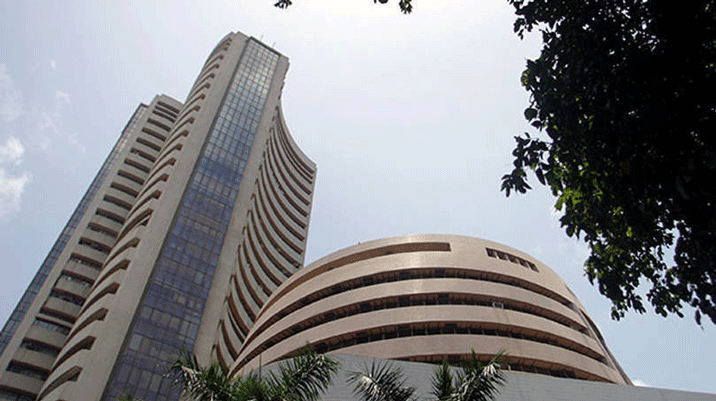
Index provider MSCI raised India's weightage in its Global Standard (Emerging Markets) index to 16.3% from 15.9% on Tuesday, a move likely to increase the flow of foreign funds after a two-year lull.
This marks "a significant increase over the past three years, almost doubling its weight," according to a note by Nuvama Alternative & Quantitative Research.
Foreign portfolio investors (FPIs), who generally use the MSCI indexes as a gauge to allocate their passive flows, have already bought 1,217.05 billion rupees ($14.64 billion) worth of Indian equities this year.
They sold Indian shares worth 1,400.10 billion rupees and 376.32 billion rupees on a net basis in fiscal 2022 and 2023, respectively.
India, which has the second-highest weightage in the index after China's near-30%, could receive inflows of as much as $1.5 billion post the rejig, added the note from the domestic brokerage.
"The increase in India's weightage is good in terms of India getting its rightful share in the overall capital flows," said Rajeev Thakkar, chief investment officer and director at PPFAS Mutual Fund.
MSCI added nine Indian stocks to the index, including automaker Tata Motors, cables maker Polycab India, real estate firm Macrotech Developers, IndusInd Bank and Paytm-parent One 97 Communications.
The inclusions will bring the country's stock count in the index to 131, with changes coming into effect from market close on Nov. 30. No Indian stocks were deleted to accommodate the new additions. IndusInd Bank, Suzlon Energy, Persistent Systems, and APL Apollo Tubes will each receive maximum inflows of $355 million, $289 million, $255 million and $228 million after the inclusion, Nuvama said.